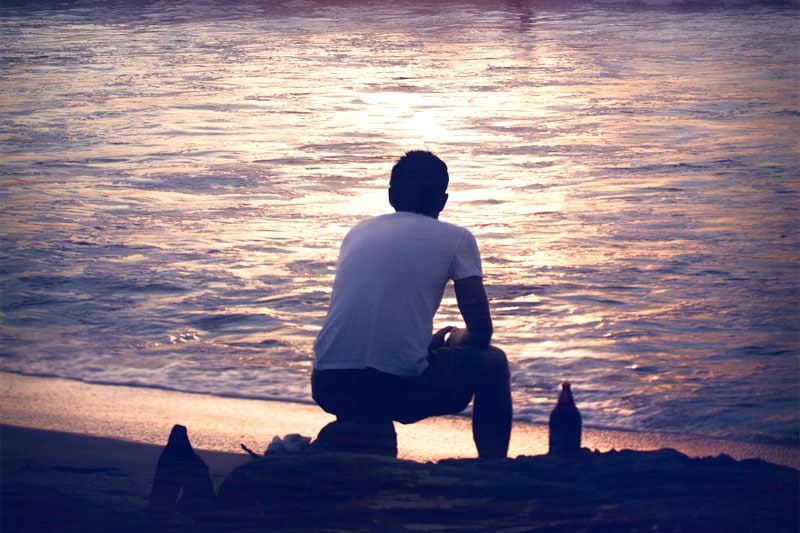
Loneliness can come to the best of us, at any point in our lives. Some will experience it as children, for instance, only children without siblings or those who lose loved ones. It can happen in the play ground, with bullying and feeling of not fitting in.
Teenage years can be equally as daunting, with high school settings and pressures to be part of the crowd, many teenagers will feel a sense of isolation and loneliness at some point during their school life. For some this may continue into college or university.
As adults it can be more damaging, with added pressures of work and daily routines, the feeling of loneliness can play a huge role in our happiness. Some will find it difficult to build friendships through trust or just not being in a work or social environment which is conducive to interaction and support from others, whether it something as simple as going out for a drink, or a chat on the phone, these simple pleasures are often taken for granted in our lives, for some it is a luxury.
Relationships can be a double edged sword, they can bring intense happiness and joy, with in-love feelings. The company of a partner to experience life with, such as travel, holidays, walks and cosy nights in can make people feel complete. However, when a relationship ends, it can leave the one who is dumped feeling desperate and lonely, without hope. These are times where loneliness really can lead to social isolation.
Single parents will also feel alone at times, regardless of having children for company, whilst this can be great comfort to some, to others the lack of adult companionship can be really tough.
The elderly are who we traditionally think of as being lonely, and while this can be true, it is not always the case with care homes and family surrounding them, though of course those who are not as lucky, or whose family live far away, each day can blend into the next and isolation can lead to true loneliness.
One thing is consistent with loneliness, depression is often a side effect.
Depression can be a catch 22 situation, as loneliness may initially bring on depression and anxiety, then when a sufferer does finally have the opportunity to get out, to a club, or meet friends, or even simply a walk, the depression bites and it can feel safer to remain indoors where one will not have to pretend to be jolly.
Social isolation plays a big role in loneliness, it is a root cause and also a consequence of mental health. Depression can lead to low self-esteem and anxiety, thus creating even more retraction from social environments.
Loneliness can lead to a reduction in self-discipline, which more likely leads to self-destructive behaviors. Lack of exercise and a retreat from society in general can lead also to physical health issues such as high blood pressure, and illnesses associated with lack of exercise and bad eating or drinking habits such as diabetes.
The impact of social isolation and loneliness or intimacy vs isolation can be long lasting and detrimental to both mental and physical health not to mention how we interact within our relationships.
It is essential that people who suffer loneliness and who are isolated, either seek help or are reached out to to help prevent longer term problems. Whether it be a walking club, a counseling group for a particular medical condition, or even a therapy course to get to the route of the problem. There are many ways to battle loneliness and isolation, charities, online forums, travel companies, and social media groups can be a good gentle way to start to fight off loneliness and a chat with your GP can often be a positive first step!
